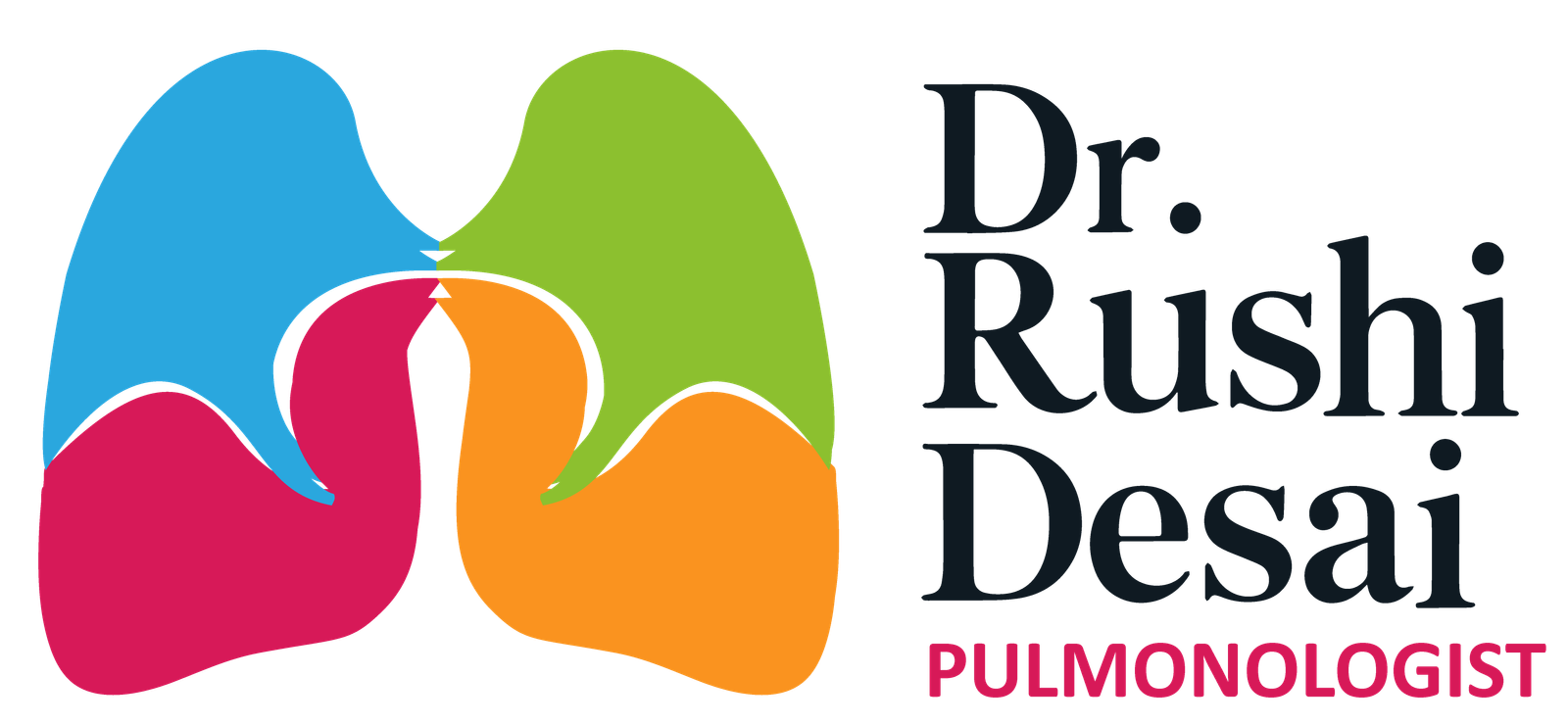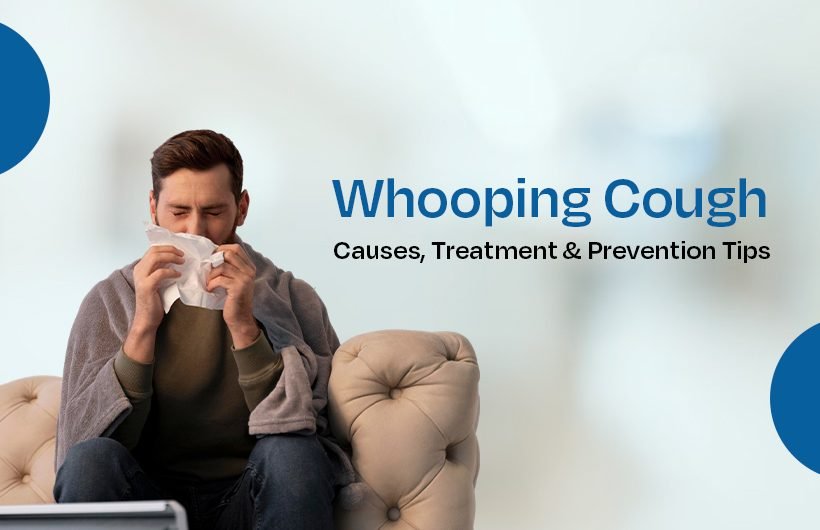Have you or your loved one experienced a persistent, severe cough that just won’t go away? It might not be a regular cold—it could be whooping cough, a highly contagious respiratory disease that still affects millions worldwide. Despite advancements in vaccines, this dangerous illness continues to pose serious health risks, especially to children and the elderly. Early detection, timely treatment, and preventive care from a trusted pulmonologist in Ahmedabad or a lung specialist in Ahmedabad can make all the difference.
In this guide, we reveal everything you need to know about whooping cough—from causes to symptoms, effective treatments, and prevention strategies—so you can protect yourself and your loved ones better.
What is Whooping Cough?
Whooping cough, also known as pertussis, is a bacterial infection caused by Bordetella pertussis. It spreads rapidly through respiratory droplets when an infected person sneezes or coughs. It starts with cold-like symptoms but quickly progresses to severe coughing fits, often ending in a high-pitched “whoop” sound during inhalation.
1. The Cause Behind the Cough
- Bacterial origin: Caused by Bordetella pertussis, the bacteria attaches to the lining of the respiratory tract and releases toxins that damage tissues.
- Highly contagious: One infected person can spread the disease to 12–15 others.
- Affects all ages: Although it primarily threatens infants, teens and adults with waning immunity are increasingly vulnerable.
2. Red Flag Symptoms You Shouldn’t Ignore
Recognizing the signs early is critical:
- Runny nose, mild fever, and dry cough in the first week
- Severe coughing fits, especially at night
- Vomiting after coughing
- Exhaustion or difficulty breathing
- A distinct “whoop” sound when inhaling (in children)
Fun Fact: According to the WHO, there are an estimated 24.1 million cases of whooping cough annually, causing nearly 160,000 deaths, mostly in infants under 6 months.
3. Why Immediate Treatment Matters
Ignoring whooping cough can lead to complications like:
- Pneumonia
- Rib fractures from severe coughing
- Brain damage in infants
- Seizures and respiratory failure
Visiting a pulmonology hospital near you can help diagnose the condition using a swab test and start antibiotics promptly to reduce contagiousness.
4. Treatment Options You Can Trust
- Antibiotics: Early-stage treatment with macrolides (like azithromycin) can reduce symptoms and transmission.
- Cough suppressants: Prescribed selectively for severe cases.
- Hospitalization: Required for infants or those with complications. Lungs specialists in Ahmedabad provide advanced care for critical cases.
Key Tip: Seek care within the first two weeks of symptom onset for maximum treatment effectiveness.
5. Proven Prevention Strategies
Preventing whooping cough is simpler than curing it:
- Vaccination: The DTaP and Tdap vaccines protect children and adults.
- Booster shots: Especially for adults and pregnant women in the third trimester.
- Quarantine measures: Isolate infected individuals for at least 5 days after starting antibiotics.
- Regular check-ups: Schedule annual visits with a pulmonologist in Ahmedabad to keep your lungs healthy.
- Public awareness: Stay informed about outbreaks and vaccinations.
Conclusion: Don’t Wait—Act Early to Protect Your Lungs
Whooping cough is more than an irritating cough—it can be fatal if neglected. With accurate information, timely intervention, and the right support from a qualified lung specialist in Ahmedabad, you can stay protected and help break the cycle of infection. Whether it’s ensuring vaccinations or consulting a pulmonology hospital near you, your proactive steps today can secure a healthier tomorrow for your family.
For expert diagnosis and personalized care, consult Dr. Rushi Desai, one of the leading pulmonologists in Ahmedabad. He is known for his compassionate approach and deep expertise in managing respiratory conditions like whooping cough. With advanced diagnostic tools and a patient-focused treatment plan, Dr. Desai ensures every patient receives the highest standard of lung care.






